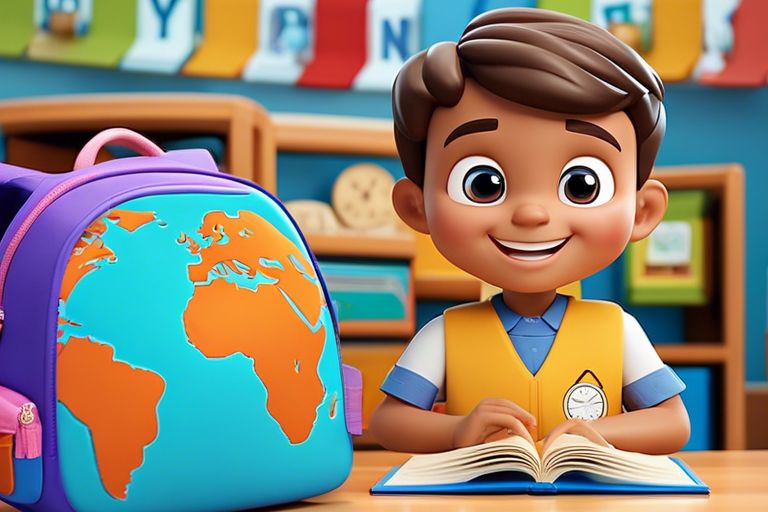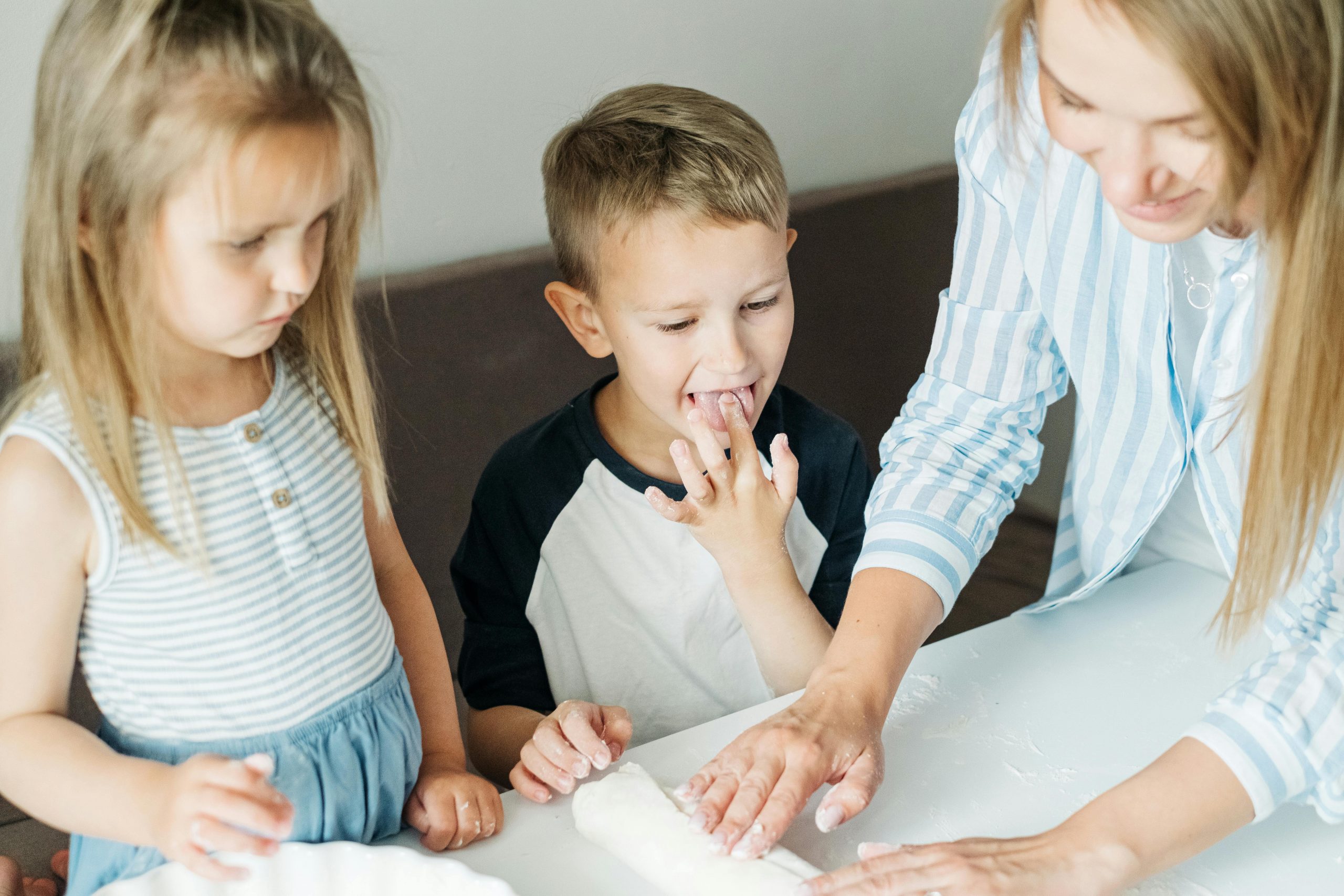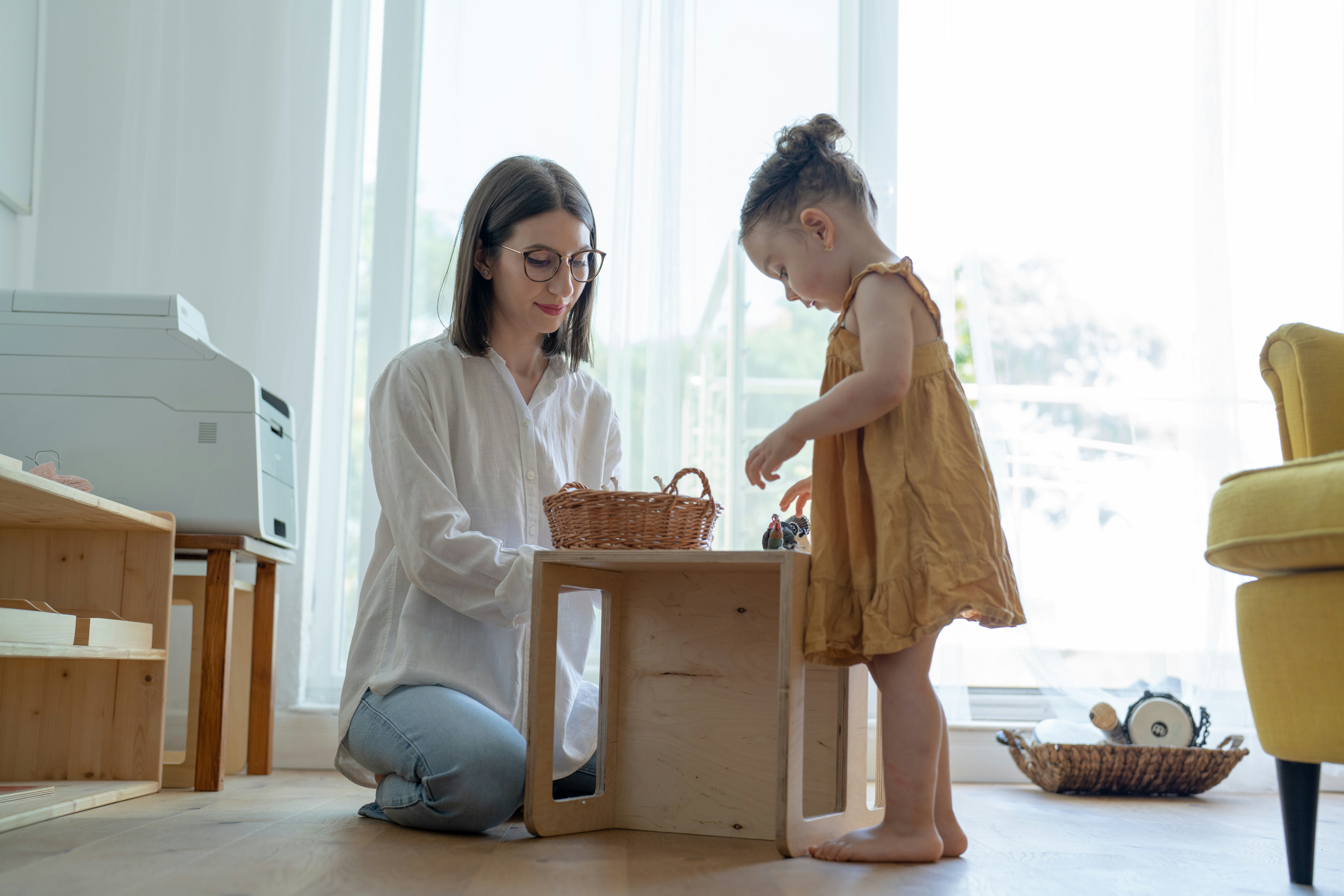You want to ensure your child has a smooth transition into kindergarten, setting them up for success in their academic journey. As a parent, there are several key steps you can take to prepare your little one for this important milestone. By following this checklist, you can help your child feel confident, ready, and excited for this new phase in their educational development. From social skills to independence and academic readiness, this guide will equip you with important tips and strategies to support your child’s kindergarten readiness.
1. Start early to talk about kindergarten in a positive way.
2. Read books about school and going to kindergarten.
3. Practice basic skills like alphabet, numbers, and writing.
4. Teach independence skills like using the restroom and dressing themselves.
5. Visit the school and meet the teacher before the first day.
6. Create a routine for bedtime and morning to ease transitions.
Understanding Kindergarten Readiness
Key Skills for Kindergarten
If you want to ensure your child is ready for kindergarten, it’s important to focus on developing key skills. Kindergarten readiness involves various fundamental abilities that will help your child thrive in a classroom setting.
Emotional and Social Factors
Emotional and social factors play a crucial role in determining your child’s readiness for kindergarten. Kindergarten is not just about academics; it also involves navigating social interactions, regulating emotions, and adapting to a structured environment.
- Encourage your child to express their feelings and emotions.
- Promote positive social interactions with peers and adults.
- Help your child develop problem-solving and conflict resolution skills.
Another important aspect of emotional and social readiness for kindergarten is building confidence and resilience. These traits will help your child face challenges and setbacks with a positive attitude, fostering a sense of independence and self-assurance.
- Encourage your child to try new activities and take on challenges.
- Provide opportunities for your child to practice independence and decision-making.
Steps to Prepare Your Child Academically
Tips for Introducing Basic Concepts
Even before your child starts kindergarten, you can begin preparing them academically by introducing basic concepts. This can include teaching them numbers, letters, shapes, colors, and simple counting. Make learning fun by using educational games, toys, and daily activities to reinforce these concepts. This will help build a strong foundation for their academic journey.
- Engage in daily counting activities such as counting toys or fruits.
- Practice identifying colors during everyday tasks like sorting laundry or picking out clothes.
- Read books together that emphasize letters, numbers, and shapes.
- Play games that involve matching and sorting to enhance cognitive skills.
This early exposure will make the transition to kindergarten smoother and more successful for your child. Emphasize the importance of learning in a positive and encouraging way to foster a love for education.
Enhancing Language and Communication Skills
Communication is key in preparing your child for kindergarten. Enhancing their language and communication skills early on can greatly benefit their academic development. Engage in conversations with your child, encourage them to ask questions, and read to them regularly. This will help expand their vocabulary, improve their listening skills, and boost their confidence in expressing themselves.
Enhancing language and communication skills also involves practicing active listening, providing opportunities for your child to speak in front of others, and engaging in activities that promote storytelling and creative expression. By nurturing these skills, your child will be better equipped to communicate effectively with teachers and peers in a classroom setting.
Fostering Independence and Self-Care
Building Self-Reliance
The key to preparing your child for kindergarten is to build self-reliance. This involves teaching them basic skills such as dressing themselves, using the restroom independently, and cleaning up after themselves. Encouraging your child to take on these tasks will not only boost their confidence but also help them in school where independence is valued.
Tips for Daily Routine Mastery
To help your child master their daily routine, establish a consistent schedule for activities like getting ready in the morning, mealtimes, and bedtime. Create a visual chart or checklist so they can easily follow along and track their progress. Encourage them to complete tasks on their own, such as brushing their teeth or packing their school bag, to foster a sense of responsibility and accomplishment.
- Establish a morning routine and stick to it.
- Encourage your child to pick out their own clothes for the next day.
- Practice basic hygiene habits like washing hands before meals.
- Involve your child in meal preparation and clean-up.
Any deviation from the routine should be addressed calmly and with guidance to maintain consistency and reinforce good habits.
Social Preparation and Emotional Development
Facilitating Peer Interactions
Now, one crucial aspect of preparing your child for kindergarten is facilitating peer interactions. Encouraging your child to engage in playdates, group activities, and other social settings will help them develop important social skills like sharing, taking turns, and resolving conflicts with their peers. These experiences lay a foundation for successful social interactions in the classroom setting.
Managing Separation Anxiety
One of the common challenges children face when starting kindergarten is separation anxiety. It is crucial for parents to address this issue early on by gradually introducing separations and building trust with caregivers. Creating a routine for drop-offs and reassuring your child that you will return at the end of the day can help ease their anxiety and promote a sense of security.
For instance, practicing short separations at home or with trusted family members can help your child become more comfortable with the idea of being apart from you. Additionally, providing your child with a comfort object like a favorite toy or a family photo can offer them emotional support during times of separation.

Health and Physical Readiness
Ensuring Proper Nutrition and Sleep
Sleep is crucial for a child’s development, especially as they prepare for the demands of kindergarten. Establishing a consistent sleep schedule and ensuring your child gets the recommended hours of sleep each night can greatly impact their overall health and readiness for learning. Additionally, providing nutritious meals and snacks packed with important vitamins and minerals will support their physical health and cognitive function.
Importance of Physical Activity
Health experts agree that regular physical activity is vital for young children. Encouraging your child to engage in active play, sports, or simple exercises not only promotes good physical health but also aids in the development of gross motor skills, coordination, and social skills. Physical activity also helps in maintaining a healthy weight and reducing the risk of chronic diseases later in life.
Ensuring your child is physically active on a daily basis is a key component of preparing them for kindergarten. From outdoor playtime to structured exercises, incorporating movement into their routine not only strengthens their muscles and bones but also boosts their mood and overall well-being. Be a role model by participating in activities with them and emphasizing the importance of staying active for a healthy lifestyle.
Final Preparations Before Kindergarten Begins
Visiting the School
Even if you have already toured the school during enrollment, it is necessary to schedule another visit with your child before kindergarten begins. This will help familiarize them with the environment, making the transition smoother on the first day. Encourage your child to ask questions and explore the classroom and playground areas.
Establishing Morning Routines
If you haven’t already established a morning routine, now is the time to do so. Getting your child used to waking up at a consistent time, having breakfast, getting dressed, and preparing for the day will make mornings much easier once kindergarten starts. Practice the routine a few weeks beforehand to ensure a seamless starting point.
With regards to morning routines, it is also helpful to involve your child in the process. Let them pick out their clothes the night before, choose their breakfast, or even set the table. By including them in these tasks, you are teaching responsibility and helping them feel more prepared for kindergarten.
Conclusion
Conclusively, preparing your child for kindergarten is crucial for their successful transition to a school environment. By following the checklist provided for parents – such as developing social skills, practicing fine motor skills, and establishing routines – you can help your child thrive academically and emotionally. Remember that every child is unique, and it is important to tailor your approach to their individual needs. With dedication and support from parents, children can enter kindergarten feeling confident, capable, and ready to launch on their educational journey.
FAQ
Q: Why is it important to prepare your child for kindergarten?
A: It is important to prepare your child for kindergarten to help them adjust to the new environment, build a strong foundation for future learning, and boost their confidence and social skills.
Q: What are some ways parents can prepare their child for kindergarten?
A: Parents can prepare their child for kindergarten by establishing routines, reading to them regularly, teaching basic skills like counting and shapes, and encouraging independence and problem-solving skills.
Q: How can parents support their child’s emotional readiness for kindergarten?
A: Parents can support their child’s emotional readiness for kindergarten by talking to them about their feelings, encouraging positive social interactions, practicing separation techniques, and building their self-esteem through praise and positive reinforcement.




